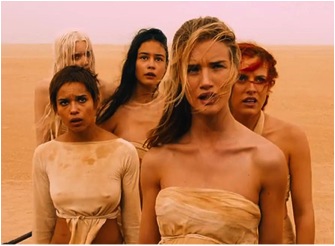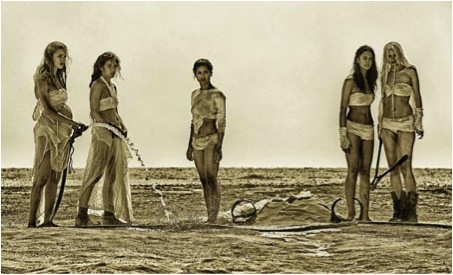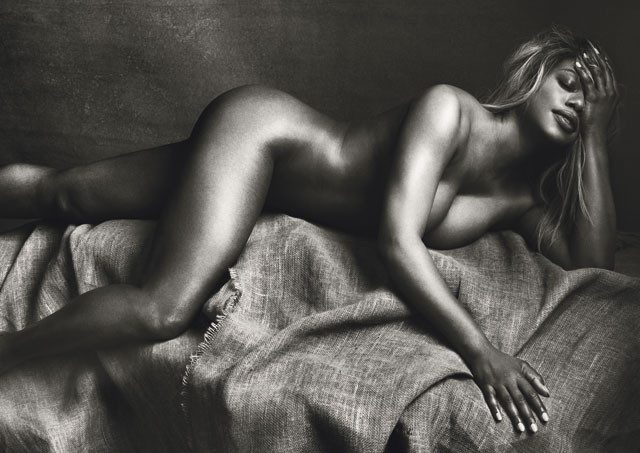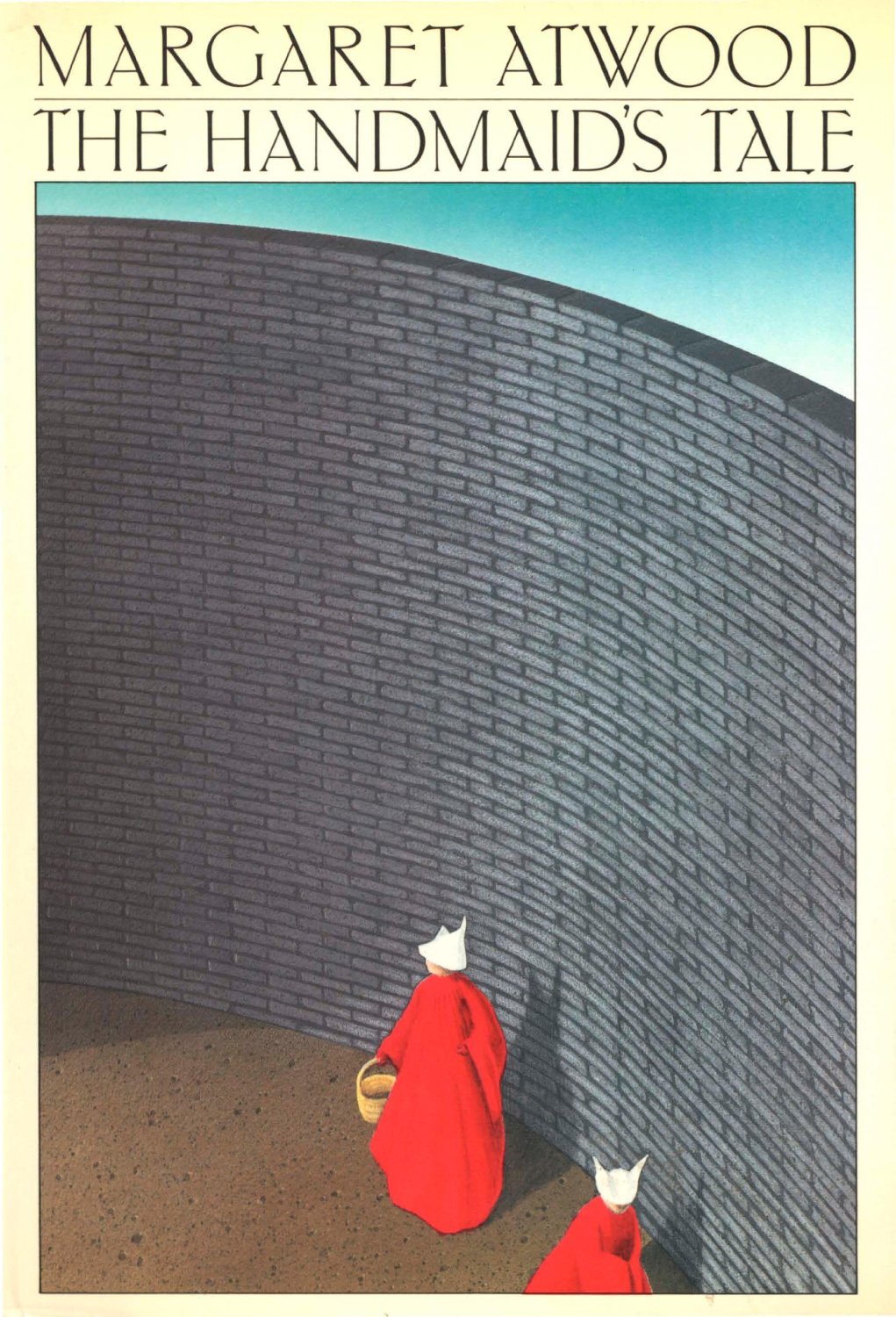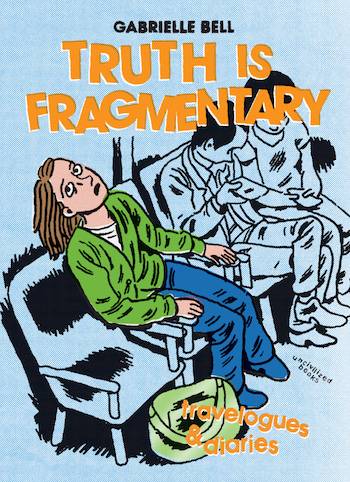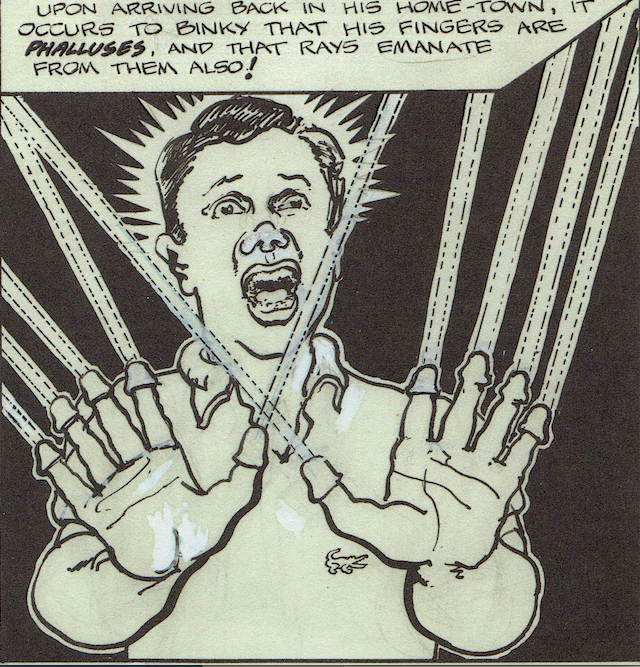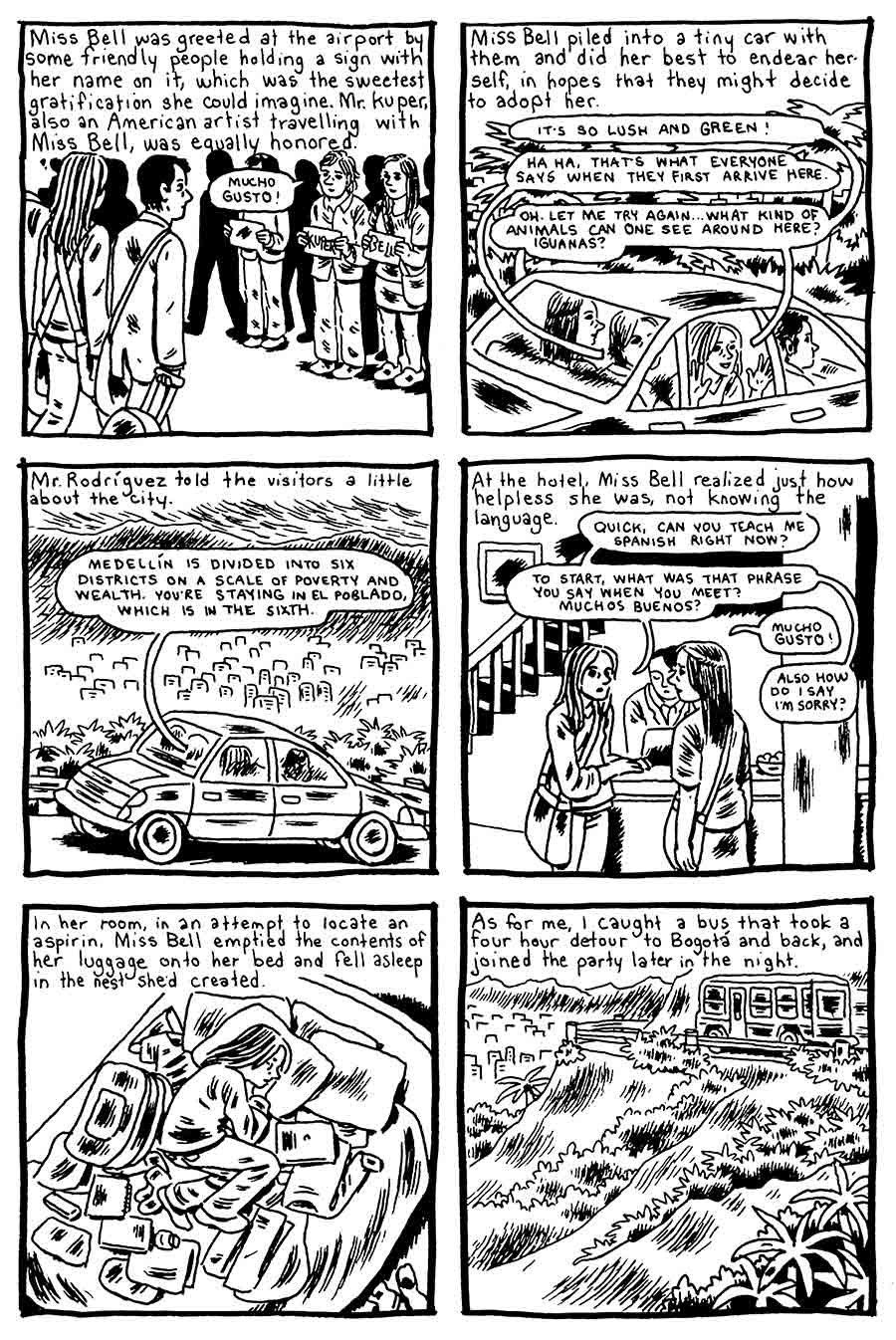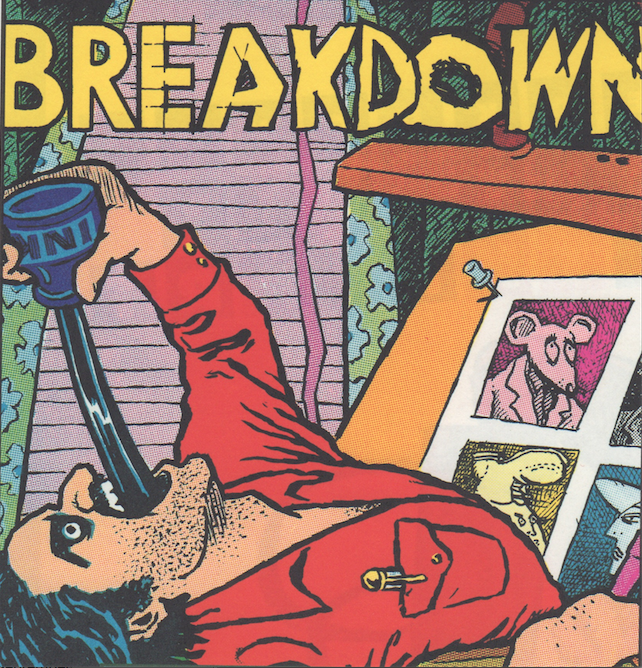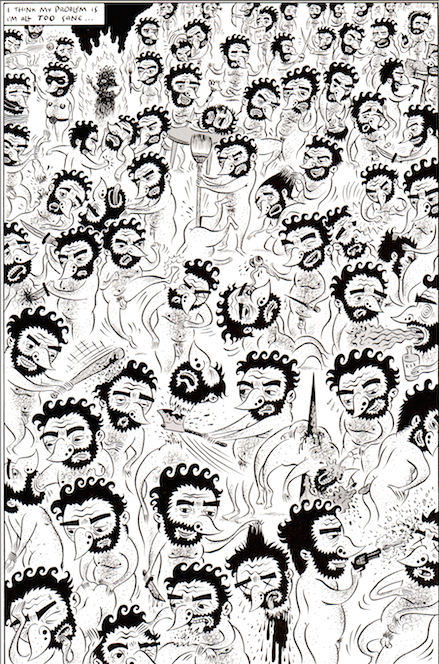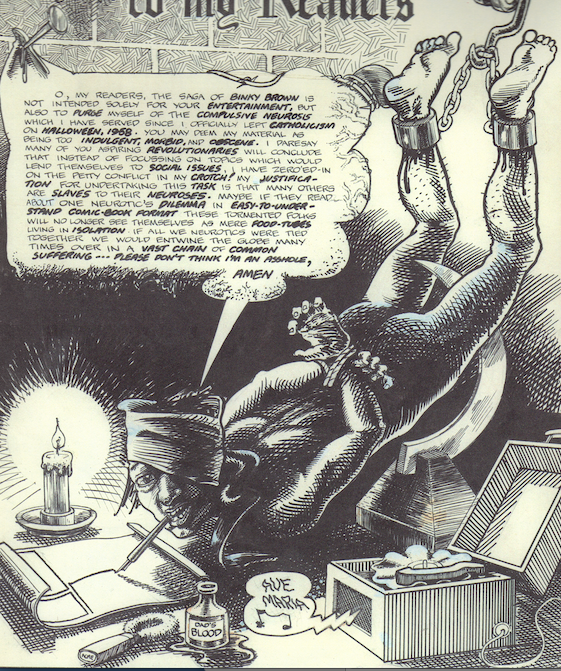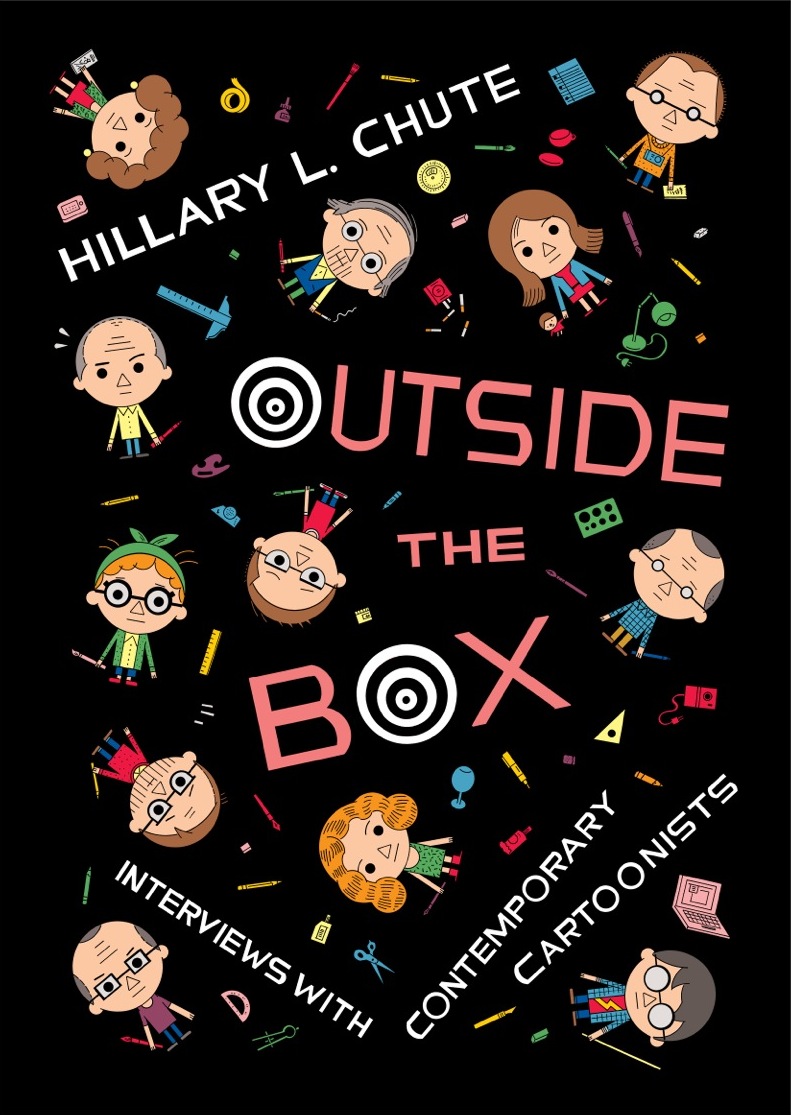Editorial Note: This was originally posted by Nix on her tumblr on July 1, 2015.
____________
Hi Meghan,
I hope you’ll permit me to address you by your first name. I do so not out of any disrespect or desire to minimize you or your work, but because I want to speak with you directly, a bit intimately, as one woman to another, as one Feminist to another, as one human being to another.
I’d like to tell you a bit about my life and the experiences that led me to choose sex work at the comparatively late age of 33. I sort of want to confide…
I’m 34 years old, white, and from a Leftist, activist, middle class background (in Southern California). My family has been torn apart by all manner of deceit, greed, abuse (including sexual), and hypocrisy, but I can assure you that there has never been a conscious moment in my own life when I wasn’t a Feminist. I wasn’t permitted Barbie dolls unless I worked for the money to buy them for myself. I was given unlimited puzzles and books. I was told I could be anything that I wanted to be. And I was encouraged to invest in my intelligence and physical capacities, as opposed to being “pleasing” to men.
I was not raised to see myself as an object. I was raised to see myself as a subject, and a talented one at that.
Anyway, in 2008, I found myself in the very uncomfortable position of reporting two of my colleagues for sexual harassment at Northwestern University. I was two years into a PhD program there. One colleague had grabbed my ass at a bar (he was married and I thought we were meant to be discussing Deleuze) and another had told me that he had raped me and I didn’t remember it because I had been so drunk the last time he saw me (and technically, that was possible).
I did not want to ruin anyone’s career. But I did want to report for record, in case this sort of thing happened to someone else. I also requested sexual harassment training for my entire department in an effort to make sure that it would not.
Unfortunately, the Chair of my department was a woman who would not permit any training session to occur unless she knew which students were involved. Conflict of interest much?
I had planned on letting it all slide. I wasn’t about to out myself like that, as my department was so tiny and gossipy, and there would undoubtedly be negative repercussions. Further, I was TAing for the Chair with that married colleague who had grabbed my ass. I figured that I just needed to make it through the quarter… Until she asked me to compare grades with him at a coffee shop.
So I confessed to her, for lack of a better word, because I wasn’t about to meet with him off-campus.
She told me: “People get grabbed.” She told me: Rape was “unthinkable” and “why would anyone say such a thing?” She told me: “The Sexual Harassment Office is just an excuse for a sad, incompetent woman to hold a job and drink from her Northwestern coffee mug.” She told me: “Americans are too uptight about being touched… Why, even her yoga teacher had to ask before touching students!” She told me: “Reporting sexual harassment is a weak act.” She told me: I needed “to take better care of myself and not worry so much about other people.” She told me, in short, that: The only problem was me! I was just too sensitive, weak, and fragile.
I’ll be honest with you, of all the words used to describe me over the course of my life, that is the only time I’ve ever heard “weak.” She maintained this line and I eventually reported her to the Office of Sexual Harassment Prevention for gender discrimination and a toxic work environment.
She was investigated over the course of a 24 hour period, which is an amazing turnaround, don’t you think? And then, nothing happened! So I eventually attempted to report the entirety of Northwestern University to the Office of Civil Rights for violation of Title IX, arguing that NU has absolutely no protocol to speak of and pointing to their own lack of staff, myriad conflicts of interest, and lack of training, generally.
I still maintain this. And they’ve had three public scandals since I attempted to file a complaint against them with the OCR in 2010: one concerning a fucksaw, one concerning Ludlow and an undergrad, and the latest over this piece of pablum.
Of course, the OCR didn’t take my case. I wasn’t raped, or at least, I don’t think I was. And nothing that happened to me was a big enough offense to move a federal agency like the OCR, even if I was pointing to NU’s bureaucratic structure and lack of training as the root cause of my problems which would necessarily produce more problems for others.
So, by 2012, after fighting within the system with everything I had, I dropped out A.B.D. I couldn’t justify writing a dissertation for a university that didn’t care about my own bodily sovereignty and safety, particularly as a “Feminist.” And how was I supposed to be an authority on any topic whatsoever if I wasn’t the authority of my own personal space? The entire experience was immensely disempowering.
I moved back to Southern California and I set out to get a job. Any job! Because I was starting my life all over! Clearly, the academic route had been a terrible, terrible mistake for me.
As you might imagine, though, no one – and I mean no one – is inclined to hire someone who left their last post because they found out their institution had no functioning sexual harassment policy. It’s too likely that you’re… fragile, weak, and sensitive. And you’re a whistleblower. Who the hell wants to hire someone that you know will blow the whistle on you if she deems it necessary, according to her own lights?
This left me in the position where I would have to fabricate a biographical lie for job interviews, which frankly I see as censorship and a disavowal of what happened to me. This seems resolutely anti-Feminist to me and I was unwilling to make prospective employers comfortable with me, my past, or Northwestern. I was unwilling to deny what I saw to be a fundamental injustice that must necessarily perpetuate itself by way of an almost willful negligence on the part of NU admin. Not having a functioning sexual harassment and assault policy at a major university seems to me like a fucking crisis if ever there was one. People should know. And why should I be ashamed? I left. I didn’t stay like some obedient slave. That would have been truly shameful, in my opinion.
Thus, I was unemployed for a good 6 months before I started my first business – which failed – after which I finally got into phone sex and camming as an independent domme in August of last year. I’m a newbie, but the decision to do sex work was a long time coming and there are two important moments/thoughts that brought me there, and which I’d like to share with you. (I thank you if you’ve made it this far.)
The first was when I was still at Northwestern. I told a few of the professors, in 2010, that in light of the Chair’s clear policy on ass-grabbing, they really weren’t paying me enough and, indeed, I didn’t think they could afford me, and even if they could, it certainly wouldn’t go down like this. I am not some unoccupied lot of land waiting for some intrepid male moron to come squat on me! My existence is not an invitation to anyone for any reason! I am not your Lady Everest!
The second thought occurred to me in April of last year. I was very much unemployed and sort of psyching myself out for homelessness when I realized – If I was an exotic dancer at a reputable club, my ass would not be grabbed against my will because there would be bouncers. Any ass-grabbing would only ever happen on my terms, with my consent, for money.
How in the hell is it that I’d be better protected from sexual assault taking my clothes off as sensually as possible in a designated area for money than as a PhD student at Northwestern University interacting with colleagues? That’s a very sincere question. How is that possible? What insane fucking world is this? But there you have it.
So, about four months later I spent an entire week researching my sex work options and deciding what I might commence with, what I was willing to do, what I was not willing to do. I bought stock photos of sexy ladies – no shortage of those! – and framed body parts as if I was creating examples for a Mulvey lecture. That wasn’t hard, as I’m sure you can imagine. (I use my own image now, but I didn’t start that way.)
And you know what I thought? If this works, I’m finally going to profit off of the very thing that has been harming me my entire life. It felt like grifting a system that had only ever grifted me. And that felt really good.
The clients were not at all what I expected. There are creeps, to be sure, but most of my clients are not even remotely abusive or rapey, because the most entitled men don’t pay for sex at all. They just take it. There are no boundaries with them, only overarching entitlement. Ratio-wise, though, I encounter far more of these rapey men in my day-to-day than at work. And I think there may be a plethora of them in academia, but who knows? Still, there does seem to be a suspicious trend.
This all leads me to making the online acquaintance of Noah Berlatsky, a man you clearly hate, I understand… but I do think you have the wrong end of the stick here. Please bear with me and grant me the possibility of a free (and stubborn!) will. I do appreciate your consideration and time.
Noah wrote an article that I became a little obsessed with on the UVa Rolling Stone scandal and Eden. I was reading it because I was a sex worker and his work had been referred to often enough. I liked his articles. But what struck me the most with this one was how it related to what I had experienced at Northwestern. What happened to me was quotidian, not a big deal, something I was supposed to suffer under to prove that I was “tough.” In it, he quotes Jessica Luther as telling him that:
“We are saturated by a culture that sexualizes women but also demonizes them, that celebrates fuzzy consent and certainly doesn’t punish it, that blames victims for the sexual violence done to them, that is sometimes willing to ask people to intervene but is never willing to directly say to men that they should not rape. This kind of saturation makes it so people don’t really want to hear another story about a woman being sexually assaulted—and even if someone is willing to listen to story after story, what has to change to make it so these kinds of violent acts don’t happen with such regularity feels insurmountable. So there is this idea then that to get people to care, the story of that violence that you share (either as a journalist or a survivor) has to shock people so that they say, “Damn, even in THIS culture that doesn’t care much for women, THAT is bad.”
This quote seemed to exactly sum up my problem at NU and with the OCR. And Noah seemed to be tracking two problems of which I was, and am, particularly aware – Sex worker stigma and sexual assault. Or to put it another way – If I use my sexuality to extract cash from men, I’m a victim. But if male sexuality is aggressively thrust upon me, that’s somehow my fault. It honestly feels to me like my limited agency within this jackass culture is completely inverted, and whatever I say about myself will be turned upside down by those who “know better” than me, about me.
So I tweeted at Noah and told him how much I appreciated his articles. And that was that.
I’ve had a ton of online exchanges with him and one chat by phone. He has not once commented on how I look, referred to me by any diminutive, called me food items or pastry titles, solicited my services, pried into my personal life, condescended, or even ignored me, the latter of which wouldn’t be gendered violence so much as modern busyness and I-can’t-even. That is pretty rare.
And that’s why women, and perhaps sex workers in particular, are willing, and even enthusiastic, to speak with him. He isn’t objectifying us. If he was objectifying us we would most certainly be charging him, or he’d end up listed as a loser by STUPIG or some other service like it. It’s that cold, jim. It’s that cold. But there is nothing of the kind.
This leads me to the travesty that you think sex work is. It wasn’t because I wanted to be an object that I got in to sex work. It’s because I found myself sexually objectified even in places wherein I was meant to be valued for my intelligence. It’s because I’m supposed to interpret an invitation to discuss philosophy as a sexual overture by virtue of me being cast as “girl” and my colleague being cast as “boy.” And this ridiculously heterosexist garbage passes as “common sense” and even “professionalization” amongst people certified in the Humanities. Ha! Great. Why would I ever want to finish my degree?
So you tell me: What made me a whore? It wasn’t sex work. I got into sex work because I wanted bouncers, distance, control, agency, choice, money, and all that freedom that I’m well aware you don’t like. I got into sex work to capitalize off of what was always and already, my objectification. And before you call me a capitalist, please know that I am not. But this is a capitalist society. And I do seem to be reduced to my sex no matter how smart or competent I might try to be.
No. I got into sex work because I don’t care what men think. I don’t want their love. I don’t want their approval. I don’t want their advice. I just want their cash, after which point I want appropriate behavior, and then I’d like them to go away.
As for Playboy… I get it. It’s probably the premiere magazine in which the Beauty Industry and the Sex Industry overlap most overtly. And that is a problem. But it does have an impressive readership as well as a history of fabulous interviews with intellectuals. Further, the sexism is not denied and the women do get paid. It’s not free as you indicated in The New Statesman. Sex workers are hustlers, if nothing else. We want money, not to be told by the 50 billionth schmuck that we’re “fuckable.” We know we’re “fuckable.” As dumb as you might think sex workers are, we’re crystal clear on this. That’s the business.
But this business doesn’t function with quite the stringent “boy”/”girl” beauty standard bullshit you might expect. Really, this industry is built on fantasy, fetish, and to be perfectly frank, I think shame. There is a performative quality to sex work that has the potential to be very subversive and very political. But mainstream crap is generally just that, and it’s always been regressive and propagandist, not just in the sex industry. My point is – It’s not the only type of sex work out there, even if it is the “norm,” which is, of course, a fiction.
With that said, I can’t say that I have a problem with a fantasy sex world existing, pending it is circumscribed and designated between consenting adults. But I do have a problem when those fantasies start being projected on real people trying to live their lives in peace.
Personally, I am much more disturbed by The Chronicle of Higher Education. This is a supposedly non-sexist, sober-minded American standard that has continuously and seemingly willfully made errors of fact concerning specific allegations of rape and sexual assault on my former campus against one professor in particular. These two cases don’t concern me personally in the slightest, but the negligence with which The Chronicle has addressed them here, here, and here – and the way in which every other news source has parroted Kipnis’ thesis again and again, from Jezebel to NPR to Reason just yesterday – is distressing to me, to say the least. I don’t know what to call it, save a snow job.
I think Kipnis, who repeatedly calls herself a Leftist and a Feminist and then gives not one whit of proof by way of any of her arguments is more damaging to Feminism than Playboy, because she’s more sinister and covert. And if I were to be mad at Noah Berlatsky for being published in Playboy I’d likewise have to be miffed that he’s published by Reason. I mean, Kipnis actually says in her latest interview that she feels sorry for men making 98 cents on their past dollar when women currently make some 70-something cents. Ha! Wow. I honestly can’t wrap my head around this. And she also re-uses the same example of an “anonymous prof and student dating” which she was specifically taken to task for here because it’s from the professor’s testimony only and concerns a rape case that is still being considered.
Anyway, while I do understand that you’re angered by the existence of Playboy, I’d be really happy if you might consider those day-to-day factors which might lead a woman to choose sex work and attack those much bigger issues, as opposed to attacking sex work, itself.
Because, ultimately, I think the main reason that you and Noah butt heads is because you’re trying to deconstruct Femininity and those with less power, when you really might want to start with Masculinity and those with more power. Masculinity is a far more damaging and destructive force than Femininity at the moment, as the two genders are currently culturally coded. And Femininity is put down all the time. Indeed, it’s hard for me to see Whorephobia as anything other than internalized hatred that originates from male violence. Because let’s be honest: We’re called “whore” no matter what we do. Or to quote Emma Goldman:
“Nowhere is woman treated according to the merit of her work, but rather as a sex. It is therefore almost inevitable that she should pay for her right to exist, to keep a position in whatever line, with sex favors. Thus it is merely a question of degree whether she sells herself to one man, in or out of marriage, or to many men. Whether our reformers admit it or not, the economic and social inferiority of woman is responsible for prostitution.”
Anyway, I’m rather sorry this is so long and I sincerely thank you if you made it to the end. I don’t want to start a feud with you and I don’t want to convert you. Indeed, I don’t really expect anything from you. But I did want to share my perspective with you because I am angry, I am Feminist, I am activist (albeit despite myself), but my traumas and targets seem to be a bit different than yours. It sort of seems a shame that we should be on different sides. But then, I suppose it takes all kinds.
Take care, and thanks for your time, Meghan. – Nix

